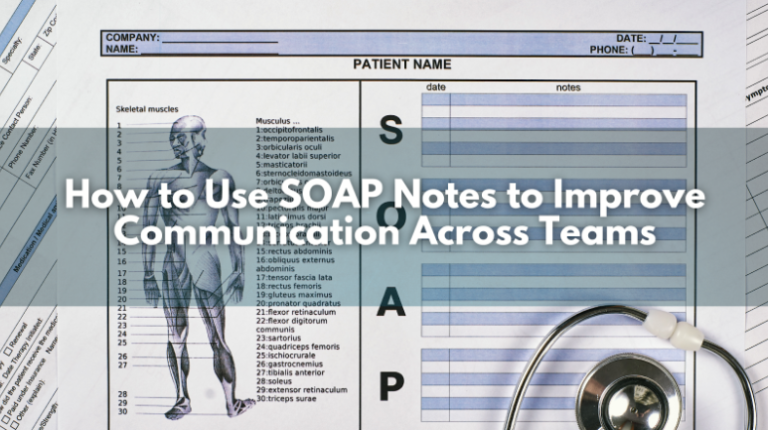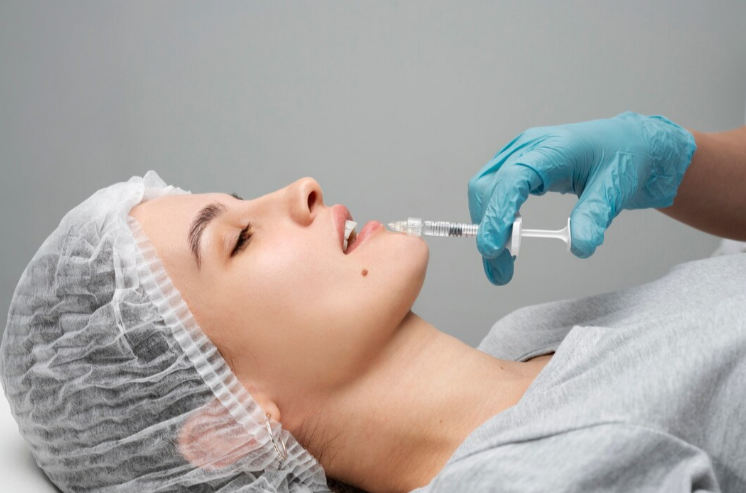B12 Supplementation: Recognizing the Signs and Risks of Overdose
Vitamin B12 is a vital nutrient that plays a crucial role in maintaining your body’s health. It’s necessary for red blood cell production, nerve function, and DNA synthesis. Because of its numerous health benefits, many individuals rely on Vitamin B12 supplementation to maintain adequate levels, especially when dietary intake is insufficient or when certain medical conditions prevent absorption. However, like any supplement, it’s important to be aware of potential risks one of which is a Vitamin B12 overdose.
In this article, we will delve into the significance of Vitamin B12 in your health, how it works in the body, the symptoms of overdose, the risks associated with taking too much B12, and how to safely incorporate this vitamin into your routine.
Understanding Vitamin B12
Vitamin B12, also known as cobalamin, is a water-soluble vitamin that plays a central role in the functioning of your nervous system and the production of red blood cells. It helps your body convert food into energy and is also essential for the formation of DNA, maintaining healthy nerve cells, and producing hemoglobin.
Sources of Vitamin B12 are primarily animal-based, including meat, fish, poultry, dairy products, and eggs. For those who follow a vegan or vegetarian diet, B12 supplementation or fortified foods are often necessary to meet daily requirements.
Why Do People Take Vitamin B12 Supplements?
People who experience a deficiency in B12 may turn to supplements, which are available in several forms:
- Oral tablets and capsules
- Sublingual tablets
- Vitamin B12 injections
- B12 nasal sprays
- Fortified foods
Common reasons for supplementation include:
- Dietary Restrictions: Vegans, vegetarians, and individuals who avoid animal products may find it difficult to get enough B12 from food alone.
- Age: Older adults may have reduced stomach acid production, which is essential for absorbing B12 from food.
- Medical Conditions: Certain health conditions such as pernicious anemia, celiac disease, Crohn’s disease, and others can interfere with B12 absorption.
- Medications: Some drugs can impair B12 absorption, leading to a deficiency.
Vitamin B12 deficiency can lead to various symptoms like fatigue, weakness, confusion, numbness, and difficulty maintaining balance. Supplementation can help alleviate these symptoms and restore health.
How Much Vitamin B12 Do You Need?
The recommended daily intake of Vitamin B12 varies depending on age, health status, and lifestyle. The general guidelines are as follows:
- Infants (0-6 months): 0.4 micrograms
- Children (1-3 years): 0.9 micrograms
- Children (4-8 years): 1.2 micrograms
- Children (9-13 years): 1.8 micrograms
- Adults (14 years and older): 2.4 micrograms
- Pregnant women: 2.6 micrograms
- Breastfeeding women: 2.8 micrograms
People with specific health conditions, pregnant or breastfeeding women, and those with dietary restrictions may need higher doses, but it’s important to consult with a healthcare provider before increasing your intake.
Can You Overdose on Vitamin B12?
Unlike many other vitamins, Vitamin B12 is considered to be relatively safe, even when taken in large amounts. This is because it is a water-soluble vitamin, meaning that any excess is typically excreted through urine. However, while B12 toxicity is rare, it’s still possible to experience negative effects from taking excessive amounts over an extended period, particularly with high-dose supplements or injections.
Symptoms of Vitamin B12 Overdose
While Vitamin B12 toxicity is uncommon, taking very high doses of B12 supplements may still lead to some unpleasant or concerning side effects. The symptoms of B12 overdose can vary depending on how much is ingested, the individual’s sensitivity to the vitamin, and their overall health. Some people may not experience any symptoms at all, while others may exhibit signs of an overdose.
1. Skin Problems
Some individuals may notice skin-related side effects, such as rash, itching, or redness. High doses of Vitamin B12 can trigger allergic reactions, leading to skin irritation or more severe reactions in rare cases.
2. Digestive Issues
Excessive Vitamin B12 intake may cause nausea, vomiting, or diarrhea. These gastrointestinal symptoms are often temporary but can be unpleasant.
3. Headaches
Another common symptom of high B12 intake is headaches, which can occur due to changes in the balance of certain neurotransmitters or blood flow to the brain.
4. Dizziness or Lightheadedness
Overloading on B12 may cause dizziness, lightheadedness, or feelings of unsteadiness. This could be due to alterations in blood pressure or vascular health.
5. Palpitations or Rapid Heartbeat
Some people experience palpitations or a rapid heartbeat (tachycardia) when they take high doses of Vitamin B12, especially when taken in the form of injections.
6. Anxiety or Restlessness
A high dose of B12 can sometimes cause anxiety, nervousness, or irritability. This may be related to overstimulation of the nervous system.
7. Kidney Problems
For people with pre-existing kidney conditions, an overdose of B12 especially through injections can exacerbate kidney function and lead to more serious complications.
8. Swelling
Some individuals may experience swelling in the legs, ankles, or feet after taking too much B12, though this is a less common symptom.
Risks of B12 Overdose
Even though Vitamin B12 is generally safe and excess amounts are usually excreted in the urine, there are certain situations where an overdose may pose risks. These risks are mainly associated with those who take high doses of B12 injections or supplements over an extended period. Here are some of the potential long-term risks:
1. Nerve Damage
While Vitamin B12 is known for its positive effects on nerve function, excessive intake could possibly have the opposite effect, especially in individuals with certain pre-existing conditions like Leber’s hereditary optic neuropathy, a rare eye disease. In these cases, too much B12 could worsen nerve damage.
2. Complications for People with Kidney Disease
Individuals with kidney disease or impaired kidney function may be at a higher risk for complications when taking high doses of B12, as their bodies may not be able to eliminate the excess B12 efficiently.
3. Exacerbation of Acne
Some people may experience acne flare-ups or skin breakouts when taking large doses of B12, especially through injections. This is a common reaction, though not everyone will experience it.
4. Potential Interaction with Other Medications
Vitamin B12 may interact with certain medications, including antacids, diuretics, and chemotherapy drugs. When taken in high doses, it’s important to monitor potential interactions that could affect your health.
How to Safely Use Vitamin B12 Supplements
While Vitamin B12 supplementation is generally safe, it’s essential to follow the recommended dosage to avoid the risk of overdose. Here are some tips for safely incorporating B12 into your health routine:
- Consult with Your Healthcare Provider: Before starting any supplementation, it’s essential to consult with a healthcare professional, especially if you have any underlying health conditions or are pregnant or breastfeeding.
- Stick to the Recommended Dosage: Follow the recommended dosage provided by your healthcare provider or the instructions on the supplement packaging. Avoid exceeding the daily limit unless advised by a professional.
- Monitor Symptoms: Pay attention to any unusual symptoms or side effects that may arise when taking Vitamin B12. If you notice any signs of overdose, stop the supplementation and seek medical advice.
- Use Quality Supplements: Choose reputable brands that provide high-quality Vitamin B12 supplements. These brands often provide clear information on the dosage and composition of the product.
- Hydration: Stay hydrated, especially when taking high doses of Vitamin B12, as proper hydration can help support kidney function and assist in the excretion of excess vitamins.
Conclusion
Vitamin B12 is an essential nutrient with numerous benefits, especially for individuals with deficiencies or those looking to support their overall health and energy levels. While an overdose of Vitamin B12 is rare, it’s important to recognize the signs of excessive intake and the potential risks associated with overuse.
To safely incorporate Vitamin B12 into your routine, always consult with a healthcare provider, follow recommended dosages, and monitor any changes in your body. Remember, balance is key too little B12 can lead to deficiency, while too much can lead to complications. By staying informed and cautious, you can enjoy the benefits of B12 supplementation without the risk of overdose.
At Drip Gym, we offer Vitamin B12 injections and other IV therapies that are designed to support your overall wellness in a safe and effective way. If you’re considering Vitamin B12 supplementation, make sure to consult with us to find the best options tailored to your specific health needs.







